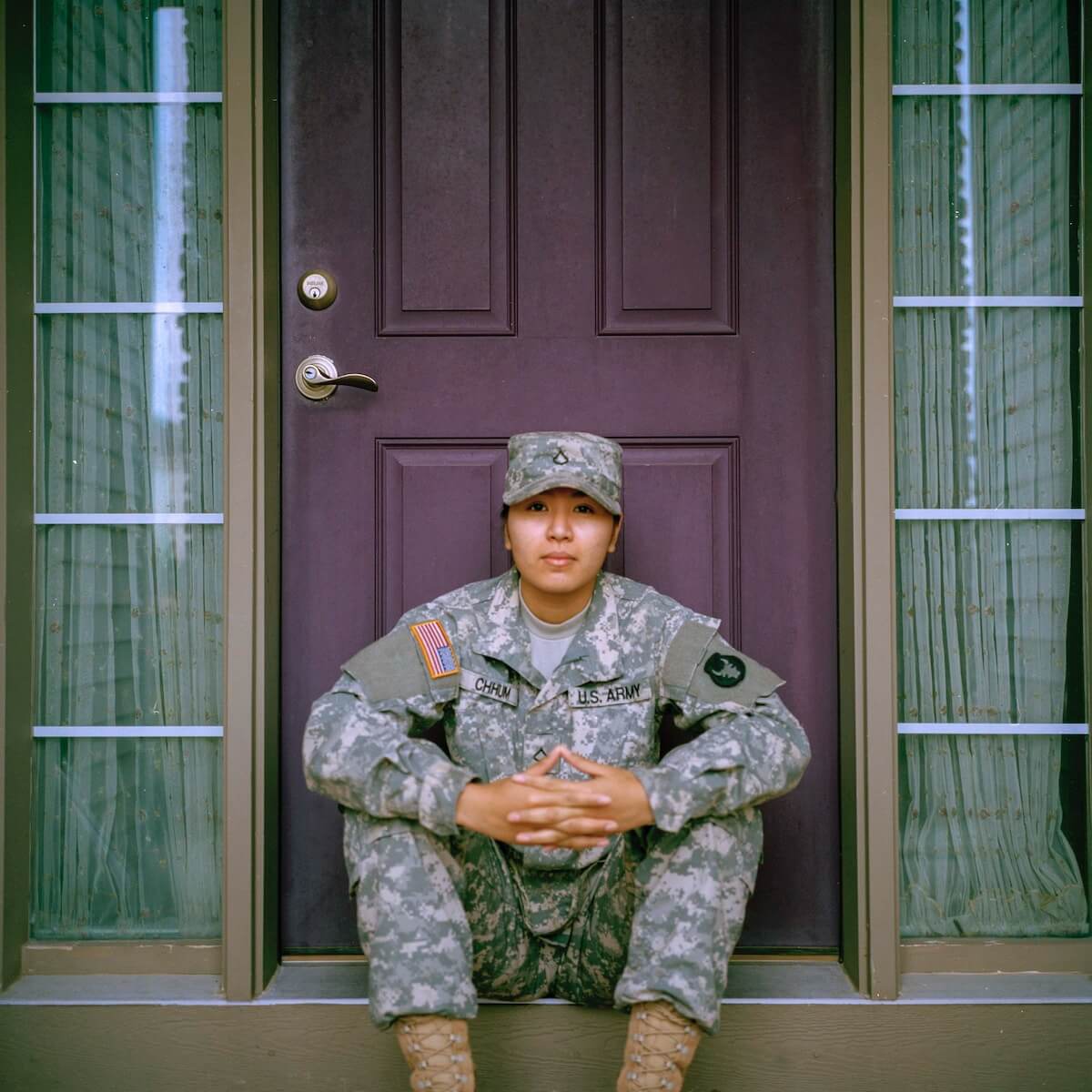NEW YORK — Veterans returning home after serving their country often face a difficult adjustment period. A recent study is revealing just how hard that transition can be. Researchers found that it can take approximately seven months for veterans to get fully acclimated to civilian life after returning from active duty.
The recent survey of 1,000 U.S. military veterans highlighted an average of three significant challenges faced during this transition. The most prominent obstacle, identified by a third of the participants, was securing employment (33%). Other notable difficulties included leaving military friendships behind (28%) and pursuing a meaningful civilian career (28%).
The study, spearheaded by OnePoll in collaboration with Sport Clips Haircuts, unveiled that 60 percent of veterans already set long-term objectives upon leaving the military. These ambitions ranged from landing a fulfilling job (56%) and buying a home (52%) to starting a family (46%).
“Veterans transition from serving their nation to serving their local communities, carrying a suite of skills that are highly transferable to civilian roles,” says spokesperson Gordon Logan in a statement. “Though many prioritize meaningful careers, they might be unaware of the myriad resources available to aid their journey. It’s crucial that upcoming generations of veterans are well-informed about support systems provided by veteran-focused entities like the VFW.”

The survey also highlighted that 27 percent of veterans have ambitions to pursue higher education or earn a college degree that they hadn’t realized by the time they left the military. A fifth of the respondents (20%) confessed to never having drafted a resume up to that point.
While the military instills numerous transferable skills – such as handling stress (50%), teamwork (41%), and problem-solving (39%) – the data showed that it took veterans an average of four months to secure civilian employment.
To bolster their self-assurance during this transitional phase, 33 percent of the surveyed veterans either took classes or furthered their education. Another noteworthy finding was that 29 percent attributed their smooth transition to the unwavering support of their spouses or partners.
Furthermore, the veterans shared invaluable advice for a seamless shift to civilian life: patience during adjustment, maintaining a daily routine, commencing financial savings before military exit, and prioritizing continuous education.
“A staggering 20% of the veterans surveyed expressed that financial constraints hindered their educational pursuits,” Logan emphasizes.
Veterans’ Biggest Non-Health-Related Challenges in Transitioning to Civilian Life
- Finding a job (33%)
- Parting ways with my friends in the military (28%)
- Finding a purposeful career (28%)
- Absence of familiar routine/structure (23%)
- Pursuing educational goals (15%)
- Adjusting to providing basic necessities (e.g., food, clothing, housing) (15%)
- Lack of financial support (14%)
- Reconnecting with family (11%)
- Unfamiliarity with post-military programs/resources (11%)
- Finding a new identity (9%)
- Lack of family/community support (5%)
Survey methodology
This random double-opt-in survey of 1,000 U.S. military veterans was commissioned by Sport Clips between Sept. 26 and Oct. 2, 2023. It was conducted by market research company OnePoll, whose team members are members of the Market Research Society and have corporate membership to the American Association for Public Opinion Research (AAPOR) and the European Society for Opinion and Marketing Research (ESOMAR).

